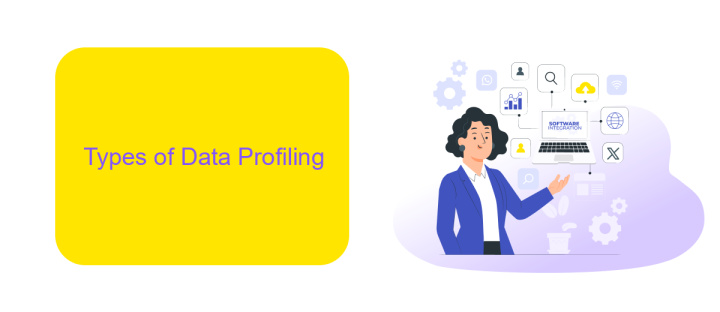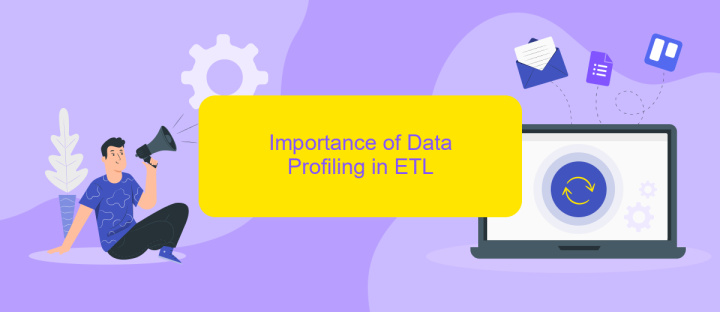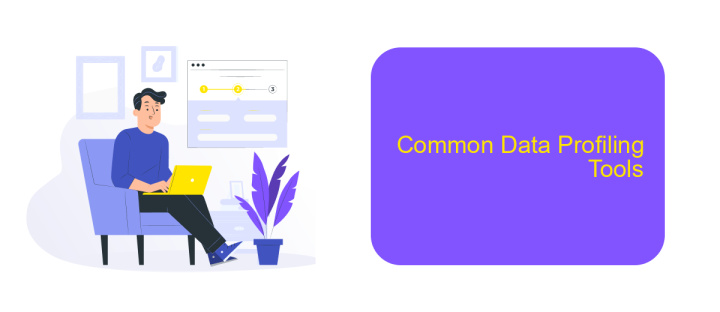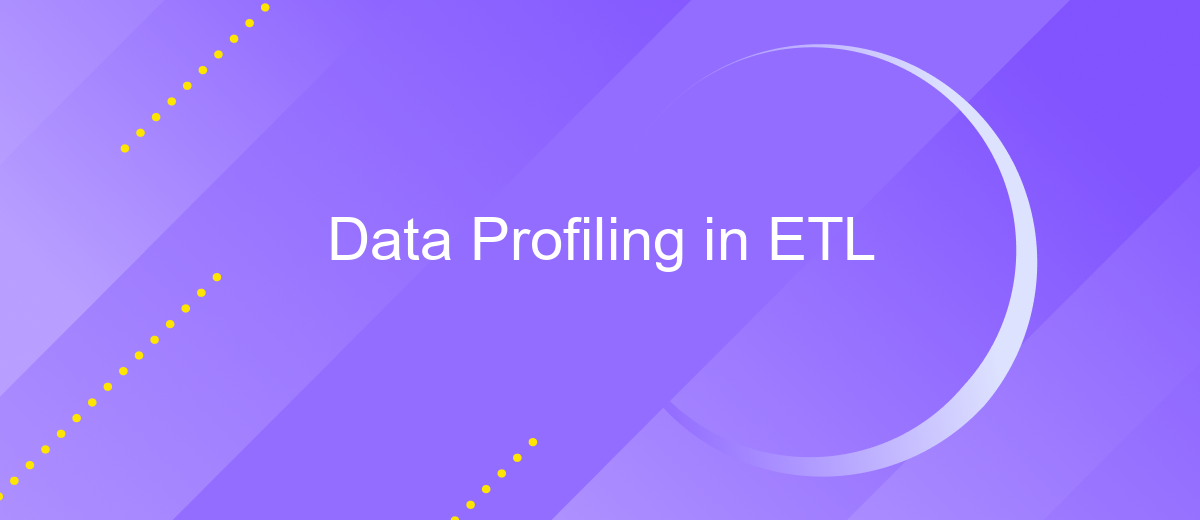Data Profiling in ETL
Data profiling in ETL (Extract, Transform, Load) is a crucial process that ensures data quality and integrity. It involves analyzing data sources to understand their structure, content, and relationships. By identifying anomalies, inconsistencies, and patterns, data profiling helps in making informed decisions, optimizing data transformations, and enhancing the overall efficiency of ETL workflows.
Introduction to Data Profiling
Data profiling is a crucial step in the ETL (Extract, Transform, Load) process, ensuring the quality and integrity of data before it is moved to the target system. It involves analyzing the data from various sources to understand its structure, content, and interrelationships. This helps in identifying any inconsistencies, missing values, or anomalies that need to be addressed before data transformation and loading.
- Detecting and correcting data quality issues
- Understanding data distributions and patterns
- Ensuring compliance with data governance policies
- Facilitating better decision-making
Tools like ApiX-Drive can streamline the integration process by automating data transfers between various platforms, ensuring that the data profiling results are seamlessly incorporated into the ETL workflow. By leveraging such services, organizations can maintain high data quality and integrity, ultimately supporting more accurate analytics and business intelligence efforts.
Types of Data Profiling

Data profiling in ETL (Extract, Transform, Load) processes is essential for understanding and managing the quality of data. There are three main types of data profiling: structure discovery, content discovery, and relationship discovery. Structure discovery involves analyzing the format, type, and structure of data, ensuring it adheres to expected patterns and formats. Content discovery, on the other hand, focuses on examining the actual data values for inconsistencies, missing values, or outliers. Relationship discovery identifies and validates relationships between different data elements, ensuring referential integrity and consistency across datasets.
Effective data profiling can be greatly enhanced by leveraging integration services like ApiX-Drive. ApiX-Drive simplifies the process of connecting various data sources and automating data flows, making it easier to gather and profile data from multiple systems. By using ApiX-Drive, organizations can streamline their ETL processes, ensuring that data is accurately profiled and integrated, ultimately leading to better data quality and more reliable analytics. This integration capability is particularly useful for maintaining up-to-date and consistent data across various platforms and applications.
Importance of Data Profiling in ETL

Data profiling is a crucial step in the ETL (Extract, Transform, Load) process, as it ensures the quality, accuracy, and completeness of data before it is loaded into the target system. By thoroughly analyzing the source data, organizations can identify and address potential issues, such as missing values, inconsistencies, and duplicate records, which can significantly impact the effectiveness of data-driven decision-making.
- Improves data quality by identifying and correcting errors.
- Ensures data consistency across different sources.
- Helps in understanding data distribution and patterns.
- Facilitates compliance with data governance standards.
- Reduces the risk of data integration failures.
Integrating data from various sources can be challenging, but services like ApiX-Drive simplify this process by automating data transfers and ensuring seamless integration. By leveraging such tools, organizations can enhance their ETL workflows, making data profiling more efficient and reliable. This ultimately leads to better data insights and more informed business decisions.
Common Data Profiling Tools

Data profiling is a crucial step in the ETL (Extract, Transform, Load) process, ensuring data quality, consistency, and reliability. Various tools are available to assist in this process, each offering unique features and capabilities tailored to different needs.
These tools help in analyzing data from multiple sources, identifying anomalies, and ensuring that the data meets the required standards before it is loaded into the target system. They can also automate many of the tedious tasks involved in data profiling, saving valuable time and resources.
- Talend Open Studio: A comprehensive open-source tool for data integration and profiling.
- Informatica Data Quality: Offers robust data profiling capabilities along with data quality management.
- IBM InfoSphere Information Analyzer: Provides deep insights into data quality and structure.
- Ataccama ONE: A unified platform for data quality, profiling, and governance.
- ApiX-Drive: Facilitates easy integration and automation of data flows across various platforms.
By leveraging these tools, organizations can ensure that their data is accurate, complete, and ready for analysis. Selecting the right tool depends on specific needs, such as the complexity of data sources, the volume of data, and the level of automation required.
- Automate the work of an online store or landing
- Empower through integration
- Don't spend money on programmers and integrators
- Save time by automating routine tasks
Conclusion
In conclusion, data profiling in ETL processes is an essential practice for ensuring data quality, consistency, and accuracy. By thoroughly analyzing and understanding the data before it is transformed and loaded, organizations can identify and address potential issues early in the data integration process. This proactive approach not only improves the reliability of the data but also enhances the overall efficiency of the ETL pipeline.
Moreover, leveraging tools and services like ApiX-Drive can significantly streamline the integration and data profiling tasks. ApiX-Drive offers robust features for automating data transfers between various systems, reducing manual effort and minimizing errors. By integrating such solutions into the ETL workflow, businesses can achieve more seamless and effective data management, ultimately leading to better decision-making and operational success.
FAQ
What is Data Profiling in ETL?
Why is Data Profiling important in ETL processes?
What are the common techniques used in Data Profiling?
How can Data Profiling be automated in ETL processes?
What are the challenges in Data Profiling?
Strive to take your business to the next level, achieve your goals faster and more efficiently? Apix-Drive is your reliable assistant for these tasks. An online service and application connector will help you automate key business processes and get rid of the routine. You and your employees will free up time for important core tasks. Try Apix-Drive features for free to see the effectiveness of the online connector for yourself.


